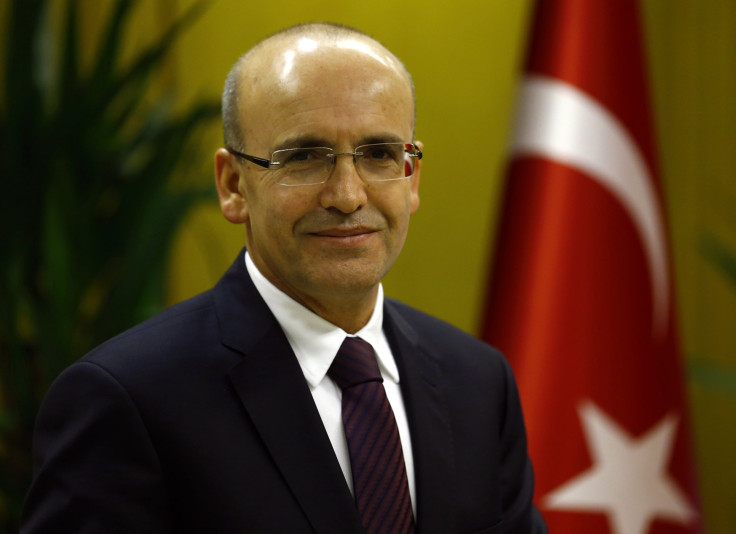Russia-Turkey Crisis: Ankara Likely To Lose Over $3B Due To Moscow’s Economic Sanctions, Turkish Deputy Prime Minister Says

Turkey is likely to lose $3.1 billion worth of trade in 2016 following Russia’s economic sanctions on Ankara, Turkish Deputy Prime Minister Mehmet Şimşek said Wednesday. Russia imposed the sanctions in response to the shooting down of a Russian fighter jet by Ankara in November 2015.
"The fallout from this conflict with Russia is likely to be, as a best case scenario, about $3.1 billion," Şimşek said at a Turkish foreign policy conference in Washington, D.C., according to Sputnik News. However, he noted that Russia’s economic sanctions — which took effect on Jan.1 — are "likely to be insignificant" as per Turkey's official estimates of a $700 billion to $800 billion annual gross domestic product in 2016.
On Monday, Turkish Economy Minister Mustafa Elitaş said that Ankara would take measures to tackle the sanctions. His comments came after Bozkurt Aran, director of the Center for Multilateral Trade Studies at the Economic Policy Research Foundation of Turkey, said the sanctions were a breach of World Trade Organization rules. However, Russia responded by saying that the economic measures were within the framework of the WTO rules.
In December 2015, Russian Deputy Prime Minister Arkady Dvorkovich said that the Kremlin would soon announce further sanctions on Turkey. The current economic measures include a ban on recruitment of Turkish nationals by Russian employers, a food import ban on certain categories of products as well as a ban on charter flights in both directions.
Russia and Turkey’s ties strained after Turkish Air Force’s F-16 fighter shot down the Russian Sukhoi Su-24M bomber accusing Moscow of violating its airspace — an allegation that Moscow refuted. The Kremlin accused Turkey of deliberately downing the warplane and demanded an apology. However, Turkish Prime Minister Ahmet Davutoğlu said in November 2015 that his country would not apologize to Russia. He also warned that such incidents would continue to be a risk if Russia and NATO continue their air campaigns separately against the Islamic State group, also known as ISIS, in Syria.
© Copyright IBTimes 2024. All rights reserved.






















